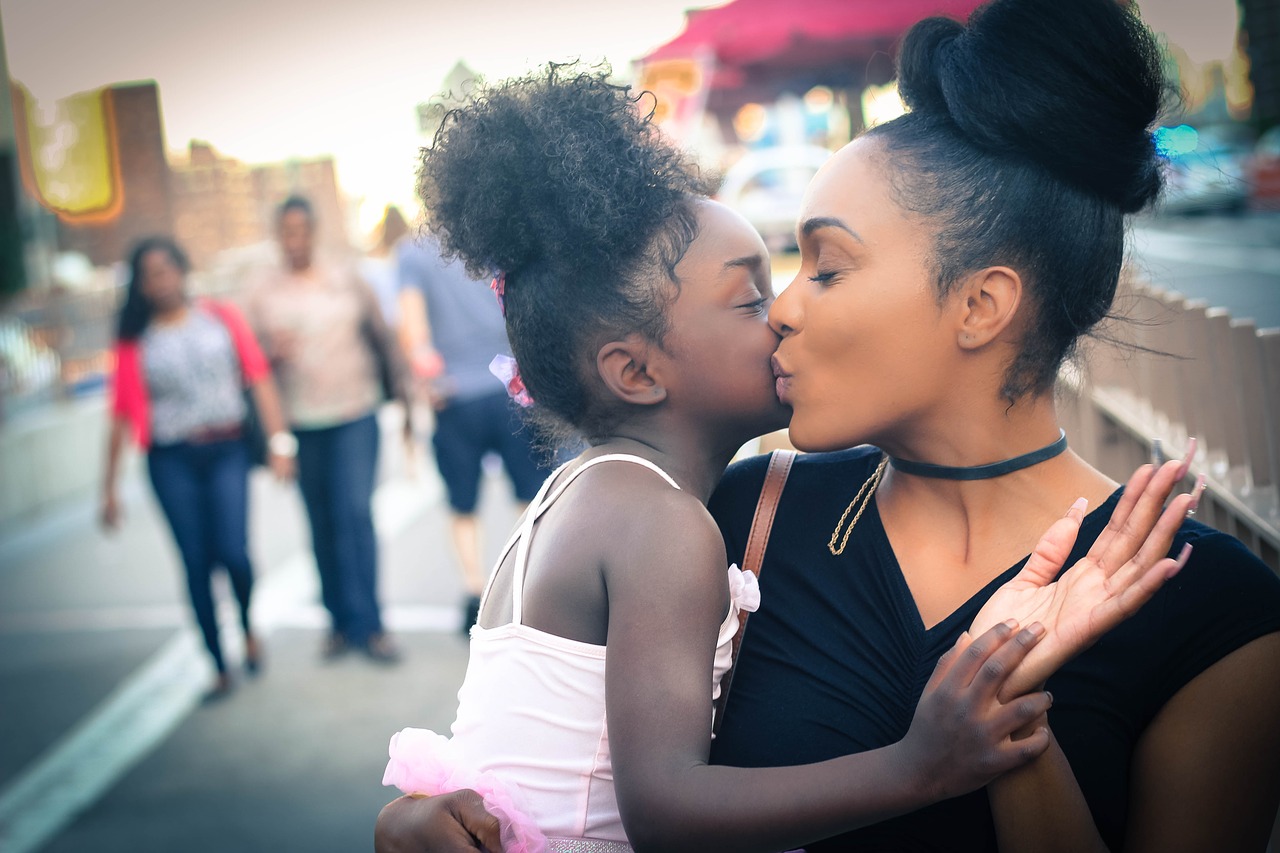Guest article by Stephanie Wijkstrom, MS, LPC, NCC
Every good parent wants their child to excel and be prepared to launch into adulthood feeling confident and able to engage with the world by meeting its challenges. With that in mind, what exactly should parents focus on as parents and role models? We can divide these benchmarks of achievement into two distinct categories–practical abilities and interpersonal skills.
Practical abilities are things such as how to do laundry, how to clean a house, how to write a check, how to fry an egg. These are basic and important life skills that will make adulthood much easier for your child. Of course, there is an age appropriateness to teaching these skills, cooking is something that kids should learn in their early teens after their motor skills are well developed.
As an advocate for teens and adolescents, we know that most of the practical abilities will be learned by children regardless of what influences their parents exert. The soft skills of interpersonal development are where parents should really focus but usually a parenting strategy will emphasize practical over the interpersonal.
The art of declining or saying “No” politely.
As all adults know, it can be a challenge to decline a person’s request or need, even as adults many of us feel trapped to go along with others against our own better judgement. While there can be a time and place for agreeableness it can at other times erode mental health. Especially when psychology says an inability to say “No” can cause us to internalize a feeling of resentment and can contribute to mental health disease, that is indeed a hefty price tag to pay for an inability to utter “No, thank you.”
How to practice self care and self love.
This is a less obvious skill that children will need to develop. The truth is most children will carve out their place in the world and create a life among work and family. Stress is an epidemic for adults and for that reason, our children will need to have a self-care plan to regulate and balance themselves. Teach them the importance of cultivating a routine for nourishing themselves. There are so many activities to achieve this–writing, deep breathing, any form of yoga, spending time outdoors soaking in nature, working out, any hobby. These activities are important and will provide an opportunity for children to move happily well beyond their youth.
Ending relationships.
Do you remember the first time you broke up with a partner. It is almost always very hard for both persons to endure those conversations. We should empower kids to know some basic components of relationship health and to take heed of warning signs that might be signs it’s time to break up with someone. Furthermore, they should know how to enact the break up in a mature way. We should tell them to speak honestly about their desire to end the relationship and we should also encourage them to anticipate the emotional pain that will follow. This is also a good opportunity to encourage them to use the self care for relationship losses.
The beauty of teaching children these interpersonal skills is that we are investing in their wellness. We can actually prevent mental distress by preparing kids for these realities of life. As parents, we all want our children to be well.
Stephanie Wijkstrom, MS, LPC, NCC is a certified counselor and founder of Counseling and Wellness Center of Pittsburgh. Stephanie specializes in marriage and family relationships, she has been featured on local television and countless articles where she acts as a thought leader on mental health and wellness issues. Stephanie is a loving wife, an ardent yogi, and a dog mom of two. Stephanie enjoys her daily meditation practice, trying new wellness tips, prancing through the world with belly laughs on her breath and preparing gourmet meals.


